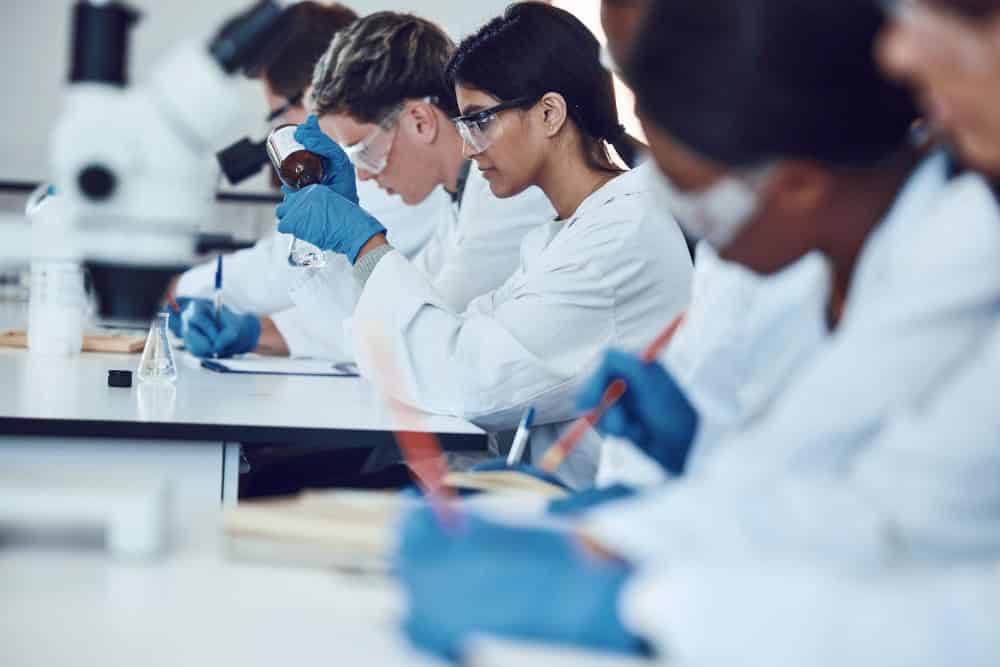Summer Student Internship
BioCanRx Summer Student Internship provide funding for undergraduate and college students to gain work experience in the Canadian cancer and cancer biotherapeutics research sector.
Program Details
Valuable experience in cancer research
Note: At the time of the application deadline, students must have identified an investigator to work with.

Student Experiences
Real stories from past interns

Student Q&A
Find answers about eligibility, application process, and experiences from past participants:
Summer Student Q&A 2024
Summer Student Q&A 2023
Summer Student Q&A 2022
Summer Student Q&A 2021
Summer Student Q&A 2020
Summer Student Q&A 2019
Summer Student Q&A 2018
Past Cohorts
Explore profiles of previous Summer Student participants:
2025 Cohort of BioCanRx Summer Students
2024 Cohort of BioCanRx Summer Students
2023 Cohort of BioCanRx Summer Students
2022 Cohort of BioCanRx Summer Students
2021 Cohort of BioCanRx Summer Students
2020 Cohort of BioCanRx Summer Students
2019 Cohort of BioCanRx Summer Students
2018 Cohort of BioCanRx Summer Students
2017 Cohort of BioCanRx Summer Students
2016 Cohort of BioCanRx Summer Students